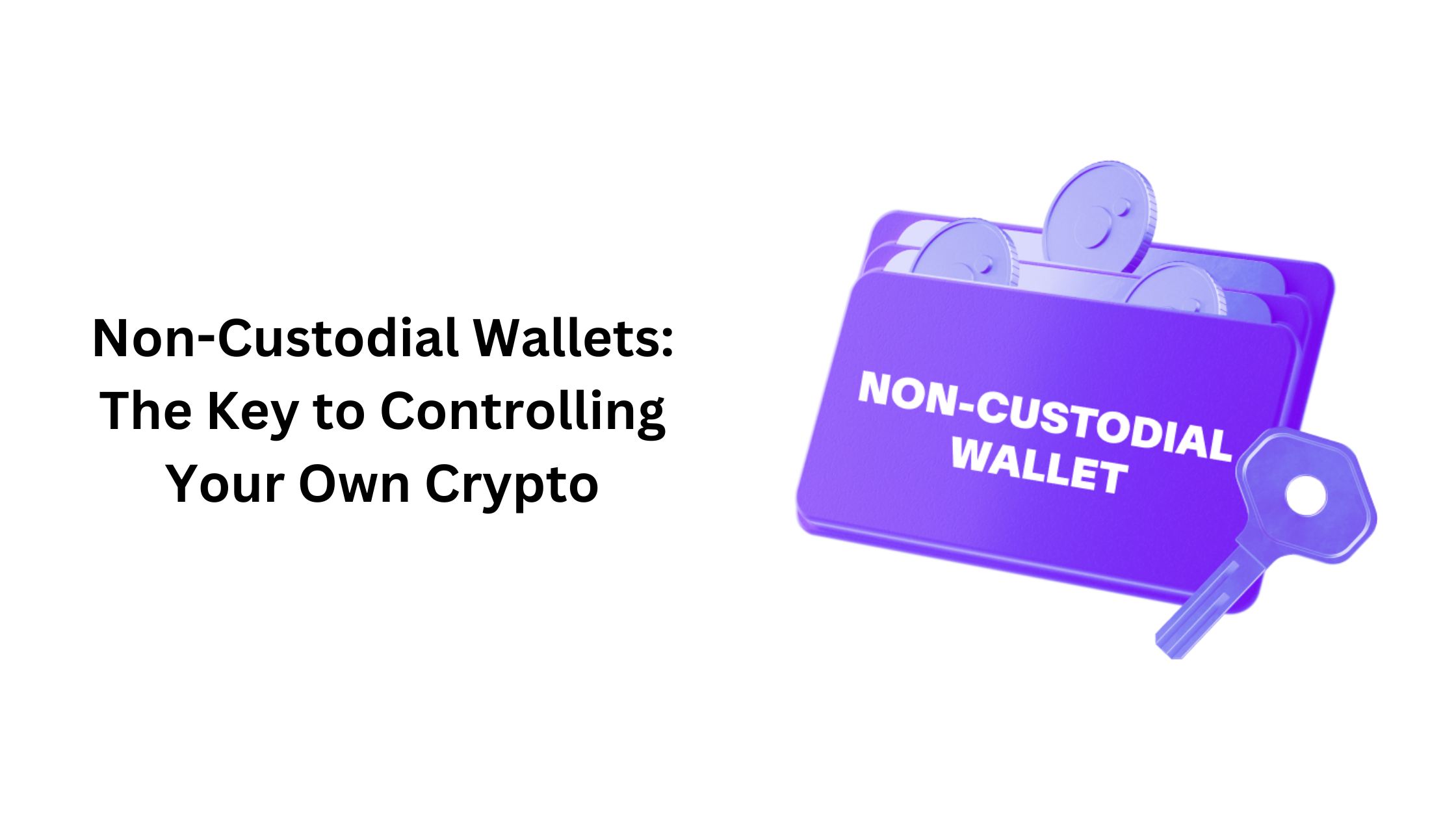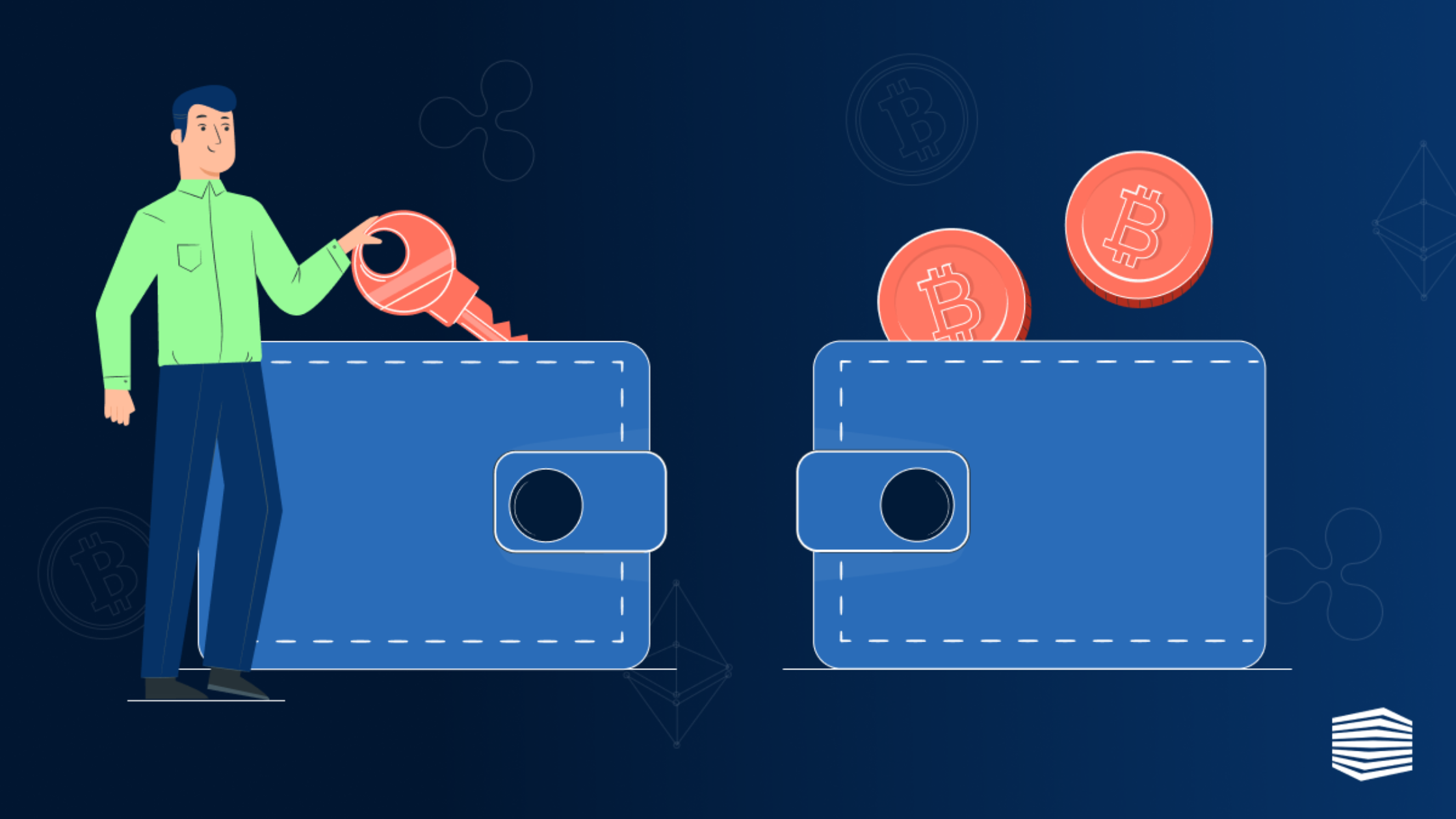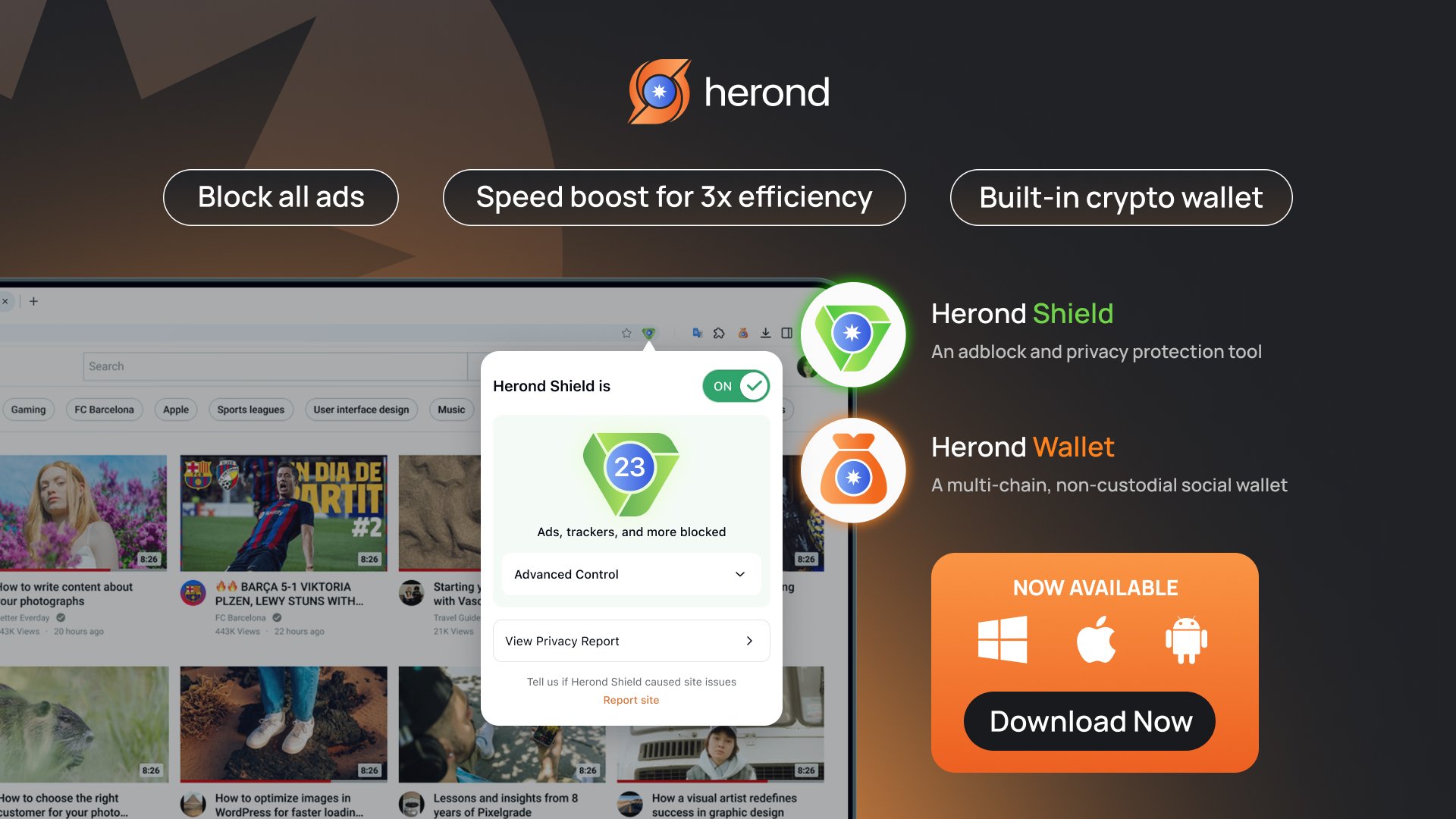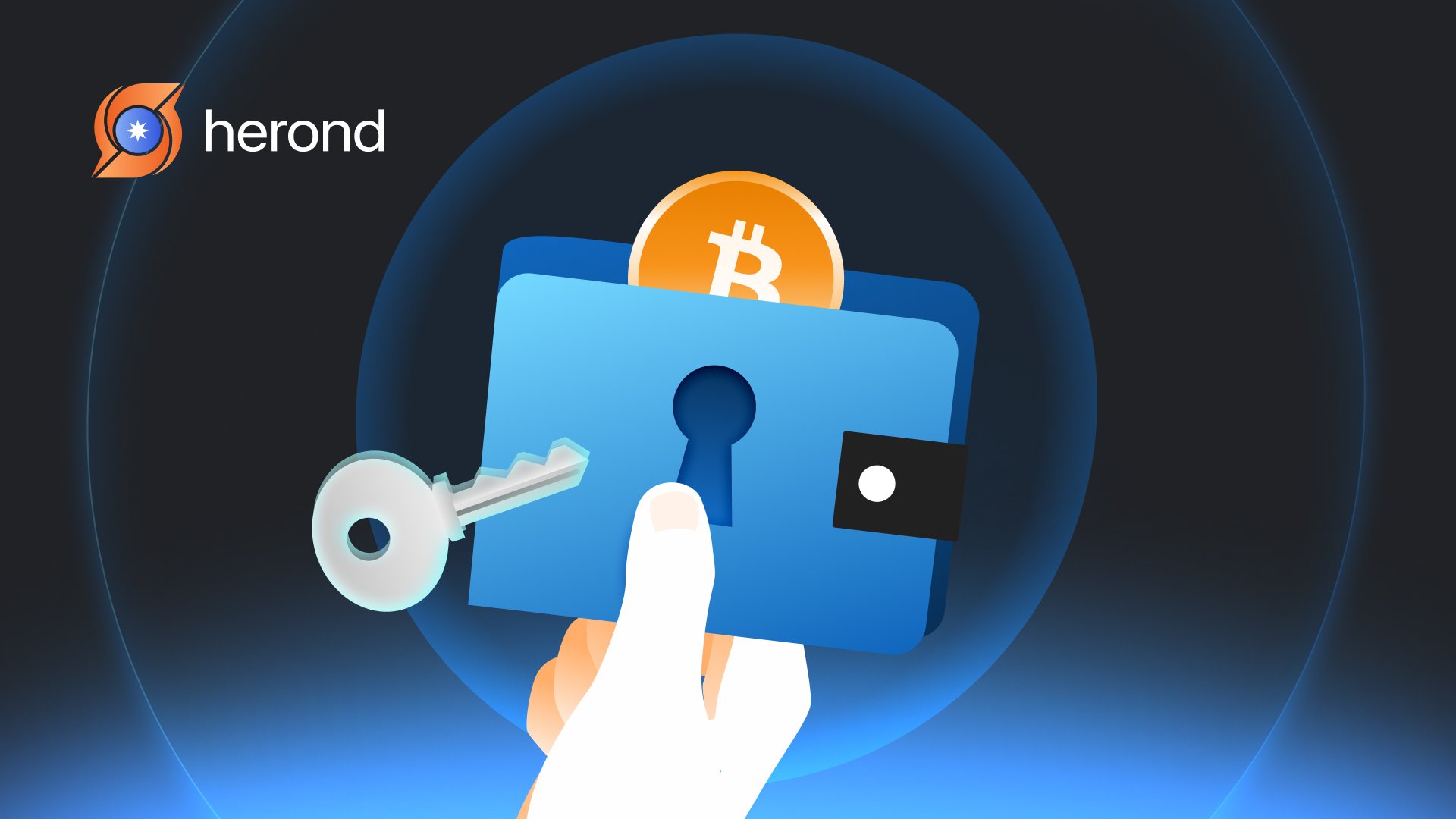In the world of cryptocurrency, security and control over your assets are paramount. This is where a “non-custodial wallet” comes in, offering users full ownership and control over their crypto assets. Unlike custodial wallets, where a third party manages your funds, non-custodial wallets put you in the driver’s seat, allowing you to be the sole custodian of your private keys.

What is a Non-Custodial Wallet?
A non-custodial wallet is a type of cryptocurrency wallet where you, and only you, have full control of the private keys. The private key is what allows you to access and manage your cryptocurrency. With a non-custodial wallet, no third-party service has access to your funds, and you do not have to rely on anyone else to secure your assets. This level of autonomy is ideal for users who prioritize privacy, security, and self-management of their crypto holdings. Key features of non-custodial wallets include:
- User Control: With non-custodial wallets, you alone control the private keys, giving you complete ownership of your assets.
- Privacy: Non-custodial wallets do not typically require personal information, meaning transactions can be more private.
- Security: Since only you have access to the private keys, there is no risk of a third-party provider losing or compromising your assets.
How Non-Custodial Wallets Work?

When you create a non-custodial wallet, it generates a unique private key (and sometimes a seed phrase for backup). This private key, known only to you, is what grants access to your cryptocurrency. You are responsible for securely storing this key; if it is lost or compromised, your funds cannot be recovered. Non-custodial wallets are often used through decentralized applications or by downloading specific wallet software that allows you to manage your private keys. Examples of popular non-custodial wallets include MetaMask, Trust Wallet, and hardware wallets like Ledger and Trezor. These wallets empower users to interact with the blockchain directly without intermediaries.
Benefits of Using a Non-Custodial Wallet
Non-custodial wallets offer several advantages, particularly for users who prioritize control and security:
- Full Control of Assets: By holding your private keys, you have complete ownership of your cryptocurrency. You do not rely on any third-party provider, reducing the risk of losing funds due to a provider’s security breach or other issues.
- Increased Privacy: Non-custodial wallets generally do not require personal identification, so you can manage your crypto without linking it to your identity.
- Direct Blockchain Access: Non-custodial wallets allow you to interact with decentralized applications and blockchain services directly, providing a more comprehensive crypto experience.
- Reduced Counterparty Risk: Since you do not rely on a third party to secure your funds, you avoid potential risks associated with custodial services, such as hacking or service shutdowns.
Drawbacks of Non-Custodial Wallets
While non-custodial wallets provide maximum control and security, they come with responsibilities and potential downsides:
- No Recovery Options: If you lose your private key or seed phrase, there is no way to recover your funds. Unlike custodial wallets that offer account recovery options, non-custodial wallets place all the responsibility on you.
- Higher Complexity for Beginners: Managing a non-custodial wallet requires some technical understanding and careful handling of private keys, which can be challenging for newcomers.
- Increased Responsibility: Non-custodial wallets require you to be diligent about securing your private key and seed phrase, as any loss or compromise can result in the permanent loss of your assets.
Are Non-Custodial Wallets Right for You?

Non-custodial wallets are ideal for users who prioritize control, privacy, and security over convenience:
- For Privacy-Conscious Users: Non-custodial wallets do not require personal information, making them a good choice for those seeking a more private experience in managing crypto.
- For Experienced Crypto Users: If you are familiar with managing digital assets and understand the risks involved with private keys, a non-custodial wallet can give you the autonomy you want.
- For Long-Term Holders and Investors: Those holding significant amounts of cryptocurrency long-term may prefer the security and control of a non-custodial wallet, particularly a hardware wallet, as it minimizes third-party risks.
Best Practices for Using Non-Custodial Wallets
If you choose a non-custodial wallet, here are some best practices to ensure the security of your assets:
- Safeguard Your Private Key and Seed Phrase: Write down your seed phrase and store it securely offline in a place only you can access. Do not store it digitally, as it could be vulnerable to hacking.
- Use a Hardware Wallet for Extra Security: If you hold a significant amount of crypto, consider a hardware wallet. This type of non-custodial wallet keeps your private keys offline and adds a layer of protection against online threats.
- Enable Additional Security Measures: For software non-custodial wallets, activate any available security features, such as passcodes or two-factor authentication.
- Be Cautious of Phishing and Scams: Always verify that you are using the correct application or website. Especially, when you access your non-custodial wallet. Hackers often create fake websites or apps to trick users into entering the private keys.
Conclusion
Non-custodial wallets offer a unique level of freedom and security, putting the control of digital assets directly in your hands. While they require more responsibility and understanding, they empower you to manage your crypto independently. For those who value privacy, autonomy, and a secure way to store crypto, non-custodial wallets may be the ideal solution. Remember to follow best practices to protect your assets and enjoy the full benefits of self-custody in the world of cryptocurrency.
About Herond Browser
Herond Browser is a Web browser that prioritizes users’ privacy by blocking ads and cookie trackers, while offering fast browsing speed and low bandwidth consumption. Herond Browser features two built-in key products:
- Herond Shield: an adblock and privacy protection tool
- Herond Wallet: a multi-chain, non-custodial social wallet
Herond aims at becoming the ultimate Web 3.0 solution, heading towards the future of mass adoption. Herond has now released the mobile version on CH Play and App Store. Join our Community!








